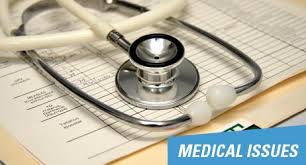Trucking IQ - How much do you know?
Loading...
⚠️ SECTION 1 COMPLETE
Points Accumulated:
If your score wasn't perfect don't worry.
You are here to learn. We make it fun!
Now, let's see if you know the "Unspoken Rules."
These are the habits that take you from Rookie to Professional.
Loading...
🎉 Assessment Complete!
Where should we send your results?
🔒 Your results are private.
Includes free Trucker Success Tips.
🏆 YOUR TRUCKING IQ
Your Final Score:
We will explain all of the answers inside the Trucker Success Quickstart.
Click above to access the full breakdown and training.
How to Read a Prescription Label
by Dr. Mike Tigges
(Gallatin, TN)
It is critical to know how medication could make you feel and how it can impact your driving ability and routine. Many people receive a prescription and do not fully understand their medication. When your doctor writes you a prescription, it is very important to ask the six basic questions about the medication:
1.Why am I taking this medication?
2.How much should I take?
3.When should I take it?
4.How should I take it?
5.What should I do if I miss a dose?
6.What are the possible side effects?
If you are a commercial motor vehicle driver, you also need to know how the medication will affect your ability to drive. Receiving answers to these questions will help you gain a better understanding of how to read your prescription label(s).
Comments for How to Read a Prescription Label
|
||
|
||





